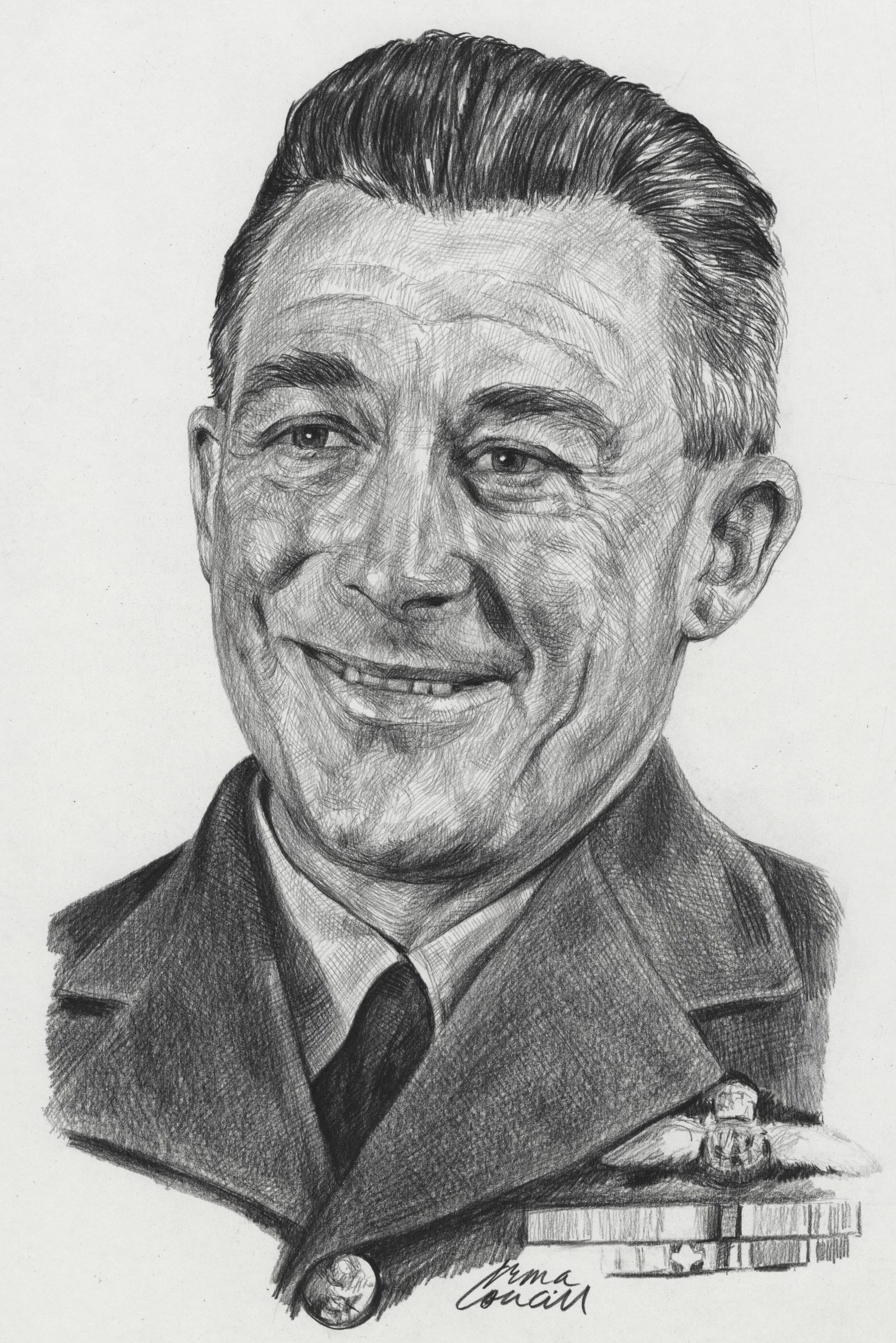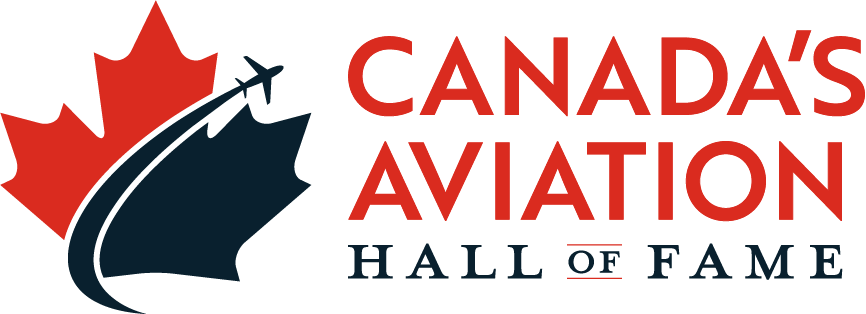Roy Stanley Grandy

Nickname: Bill
Birth Date: March 5, 1894
Birth Place: Bay L'Argent, Newfoundland
Death Date: April 8, 1965
Year Inducted: 1988
Awards: OBE
His flying expertise was remarkable as were his leadership abilities. Despite adversity he took the guess-work out of the centuries-old industry of sealing. Perhaps of greatest benefit to Canadian aviation was his dedication to the younger generations of pilots whom he trained and groomed to his own standards of excellence
A Love for Sailing
Roy Stanley (Bill) Grandy, O.B.E., was born in Bay L'Argent, Newfoundland, on March 5, 1894. By the age of 16 he had already sailed around the world and earned the nickname 'Sailor Bill' because of his heavy Newfoundland accent. The name 'Bill' stuck with him. Although he came to love flying, he never lost his love for the sea, which undoubtedly contributed to his expertise as a flying boat and seaplane pilot. He once said that aerobatics was much like being atop the mast in a sailing boat during rough weather.
Flying in WWI
In 1912 Grandy joined military reserve unit No. 96 Lake Superior Regiment. At the outbreak of World War I, he joined the Royal Newfoundland Regiment, where he became a Signals Officer. He saw active service in France and Gallipoli. In 1916 he was seconded to the Royal Flying Corps (RFC) where he earned his Royal Flying Club Certificate at Central Flying School, Uphaven, Wiltshire. He served as a fighter pilot with Sopwith Camels on the western front and was Mentioned in Despatches. He was later assigned to the prestigious instructor school in Gosport. He left the Royal Air Force in 1919.
Precision Piloting
Grandy earned the reputation for being both a precision pilot and able instructor after joining the Canadian Air Force in At Camp Borden Military Base he was noted for his skills in landing his Avro 504K, which had no brakes, and stopping almost exactly where he wanted it. By 1921 he was issued his Air Engineer's Certificate and Commercial Pilot's Licence. He left the Canadian Air Force (CAF) in 1923 to enter civil aviation.
Grandy joined Laurentide Air Services where he pioneered aerial surveying, mapping, and fire patrolling in eastern Ontario and Quebec. He was the pilot on the first regular airmail service in Canada to Rouyn, Quebec.
Two Unprecedented Flights
In 1924 Grandy made two unprecedented flights. The first made a remarkable improvement to the centuries-old seal hunt in his native Newfoundland. Until that time, the sealers relied on their own instincts to find the herds of seals, and they were not eager to change their ways until Grandy proved that the use of an airplane to spot the herds would be very effective. In the spring of that year, he flew an Avro 'Baby' biplane off the ice beside the sealing ship S.S. Eagle. After spotting the seals, Grandy pointed the sealers in the right direction. Had he not intervened, a large herd of seals would have been missed as the ships were actually sailing in the opposite direction.
Later that year, Grandy made a flight which was to prove a rare accomplishment for that period in aviation: he flew a Vickers Viking flying boat 900 miles (1,450 km) over a period of 12 days to pay treaty money to Natives on various reserves in Northern Ontario. He followed the Albany River to Fort Albany on James Bay, and flew northward from there.
Mail Routes and the RCAF
In 1925 Grandy rejoined the RCAF where his exceptional skills were used in all phases of service flying. He was one of a very few pilots certified to test and qualify both civilian and military pilots as flight instructors. He was also the testing pilot for the Webster Trophy contests. He was actively involved in the early attempts to develop an airmail route from the Atlantic coast where mail was transferred from ocean vessels to a flying boat, thus speeding the mails to central Canada. In 1934, in recognition of his work on mail routes, RCAF Headquarters recommended Grandy be installed as an Officer in the Military Division of the Most Excellent Order of the British Empire (O.B.E., Military).
Promotion to Commanding Officer
When World War II broke out Grandy was Commanding Officer at RCAF Station Dartmouth, Nova Scotia. He was promoted to Group Captain in 1940, and when the Battle of the Atlantic developed, he was appointed Commanding Officer of the RCAF base at Torbay, Newfoundland. He was rewarded again during World War II by being Mentioned in Despatches.
Group Captain Grandy loved teaching young pilots and soon after retirement, he was instructing at the Halifax Aero Club where among his many students were Air Cadets. He was back in his favourite element, that of imparting his knowledge of airmanship to young pilots.
One of Grandy's most challenging and rewarding postings was to Camp Borden as Commanding Officer while the British Commonwealth Air Training Plan was in full operation. He was an inspiration to hundreds of young airmen who passed through his base. He retired from the RCAF in 1946. Grandy died in Toronto on August 4, 1965.
Roy Stanley (Bill) Grandy was inducted as a Member of Canada's Aviation Hall of Fame in 1988 at a ceremony held in Toronto, Ontario.
To return to the Inductee Page, please click here.
